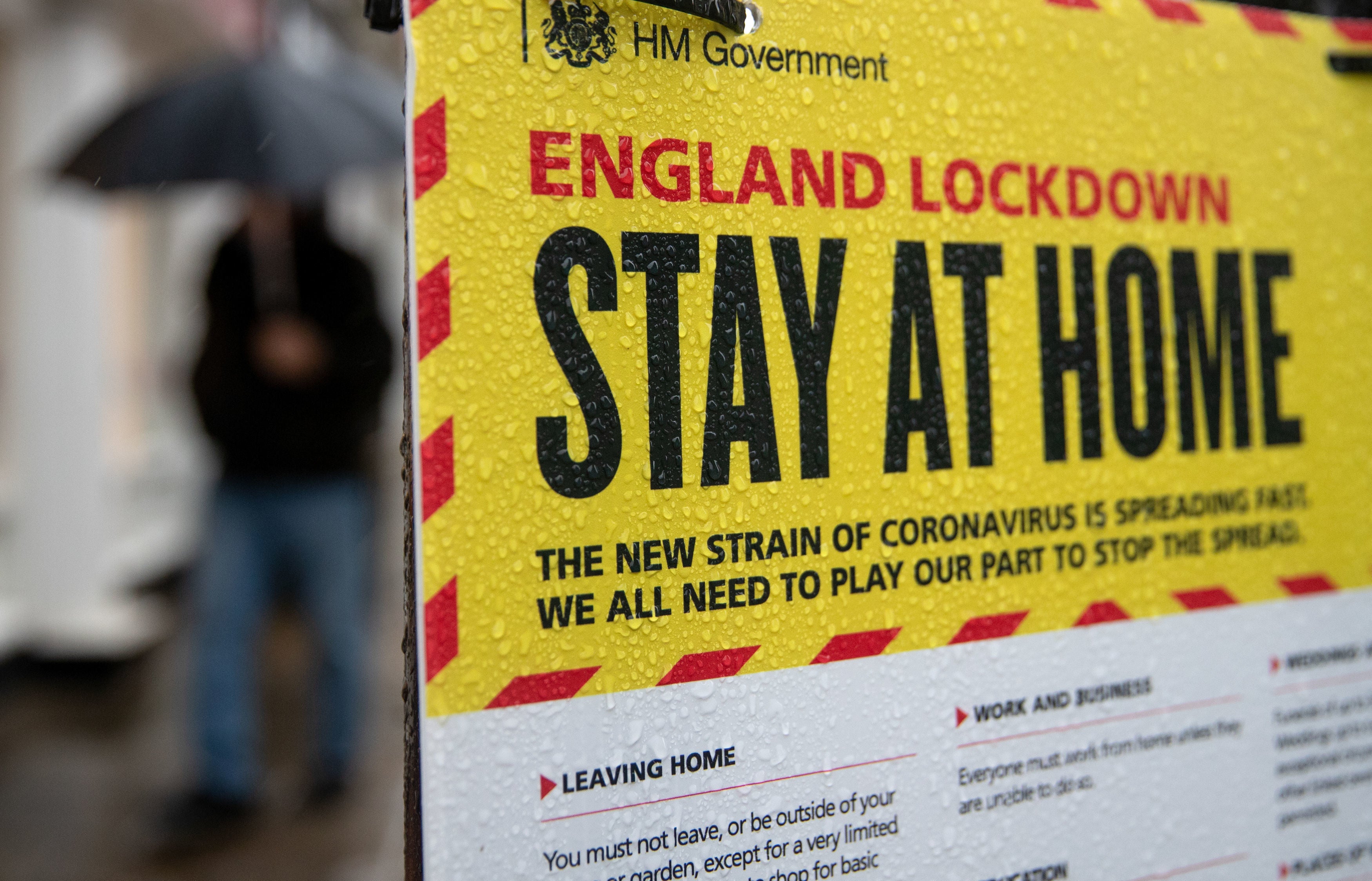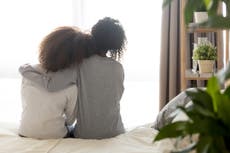It’s worth hearing both sides of the lockdown argument
Peter Hitchens and Dan Hodges argued about the response to coronavirus in a radio debate: John Rentoul listened in


It was the moment the opponents of lockdown had long wanted: an hour-long, open-ended head-to-head debate between their champion, Peter Hitchens of the Mail on Sunday, and the defender of coronavirus restrictions, Dan Hodges, also coincidentally a columnist for the Mail on Sunday.
The debate on Talk Radio, which has given more airtime than most media to lockdown sceptics, was chaired by Mike Graham, who might be described as pretty much an everything-sceptic, which is not a bad attitude for a radio host.
I listened because I think it is important that all arguments should be tested, even if they appear to be out of favour. The anti-lockdown case has certainly been on the defensive recently. As one prominent opponent of lockdowns told me recently, the new, faster-spreading variant of coronavirus “took the wind out of all our sails”. Indeed, Hodges used to be a lockdown sceptic, but he opened his contribution to the debate by saying that two things had changed his mind. One was the vaccines, which meant that repeated lockdowns will not go on for ever; the other was the second wave of infections and deaths, which many of the opponents of the government’s policies confidently predicted would not happen.
Hitchens, on the other hand, has stuck to his guns, saying that lockdowns are a disproportionate response to the disease. That is, I think, certainly the right question to ask. Are the costs of coronavirus restrictions too high? But in order to answer it, you have to do two things. First, you have to say what effect restrictions have in preventing infections and saving lives; and in doing so you have to separate the effects of government measures from the changes in peoples’ behaviour that would have happened anyway when there is a dangerous virus at large: many people would work at home and avoid public transport whatever the government did.
Second, you have to speak bluntly about how many lives lost is acceptable – and it is true for example that in the Hong Kong flu of 1968-69 Britain suffered about 80,000 excess deaths, but they were accepted because it was thought there was nothing that could be done to prevent them.
Unfortunately, I didn’t think Hitchens did either of those things, preferring to accuse the government of trying to frighten people in order to gain power for itself. It is still worth trying to answer those questions, in order to answer the next lot of questions about how quickly restrictions should be lifted, but I think Hitchens missed the chance to shift the terms of the debate on this occasion.
Yours,
John Rentoul
Chief political commentator



Join our commenting forum
Join thought-provoking conversations, follow other Independent readers and see their replies
Comments